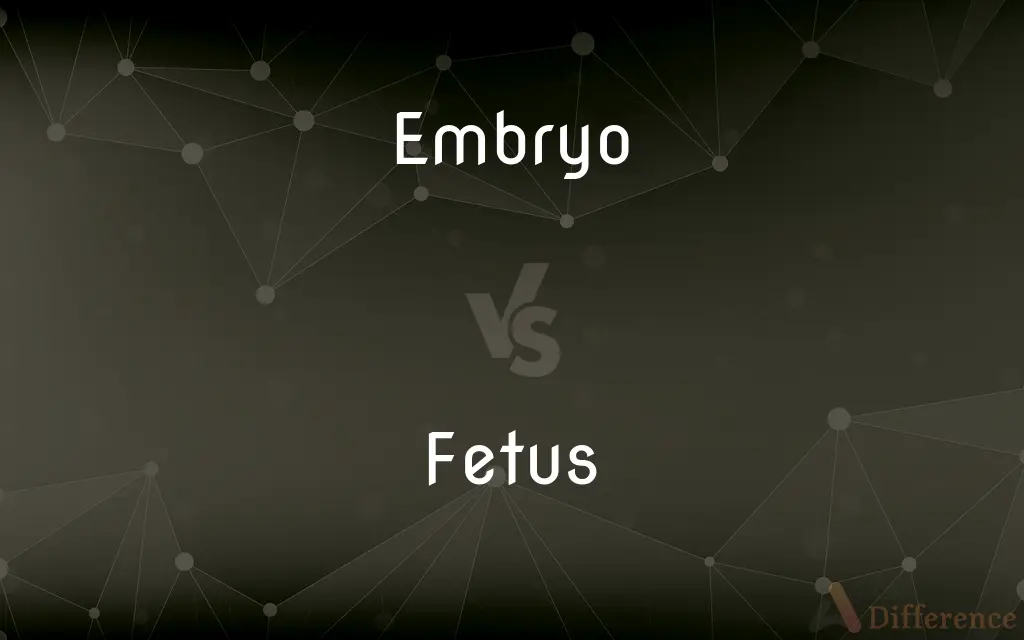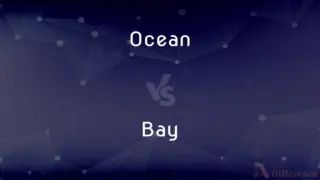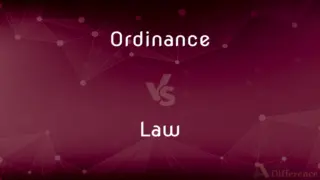Embryo vs. Fetus — What's the Difference?

Difference Between Embryo and Fetus
ADVERTISEMENT
Compare with Definitions
Embryo
An embryo is the early stage of development of a multicellular organism. In general, in organisms that reproduce sexually, embryonic development is the part of the life cycle that begins just after fertilization and continues through the formation of body structures, such as tissues and organs.
Fetus
|Image = Human Fetus2.jpg |Image_caption = Foetus A fetus or foetus (; plural fetuses, feti, foetuses, or foeti) is the unborn offspring of an animal that develops from an embryo. Following embryonic development the fetal stage of development takes place.
Embryo
The collection of cells that has developed from the fertilized egg of a vertebrate animal, before all the major organs have developed.
Fetus
The unborn young of a viviparous vertebrate having a basic structural resemblance to the adult animal.
Embryo
A collection of such cells of a human, especially from implantation in the uterine wall through the eighth week of development.
ADVERTISEMENT
Fetus
In humans, the unborn young from the end of the eighth week after conception to the moment of birth, as distinguished from the earlier embryo.
Embryo
(Botany) The young sporophytic plant contained within a seed or an archegonium.
Fetus
An unborn or unhatched vertebrate showing signs of the mature animal.
Embryo
An organism at any time before full development, birth, or hatching.
Fetus
A human embryo after the eighth week of gestation.
The sequence is: molecules in reproductive systems, then gametes, zygotes, morulas, blastocysts, and then fetuses.
Embryo
A rudimentary or beginning stage
An idea that was the embryo of a short story.
Fetus
The young or embryo of a vertebrate animal in the womb, or in the egg; often restricted to the later stages in the development of viviparous and oviparous animals. showing the main recognizable features of the mature animal, embryo being applied to the earlier stages.
Embryo
In the reproductive cycle, the stage after the fertilization of the egg that precedes the development into a fetus.
Fetus
An unborn or unhatched vertebrate in the later stages of development showing the main recognizable features of the mature animal
Embryo
An organism in the earlier stages of development before it emerges from the egg, or before metamorphosis.
Embryo
In viviparous animals, the young animal's earliest stages in the mother's body
Embryo
In humans, usually the cell growth of the child within the mother's body, through the end of the seventh week of pregnancy
Embryo
(botany) A rudimentary plant contained in the seed.
Embryo
(figurative) The beginning; the first stage of anything.
Embryo
The first rudiments of an organism, whether animal or plant
Embryo
Pertaining to an embryo; rudimentary; undeveloped; as, an embryo bud.
Embryo
(botany) a minute rudimentary plant contained within a seed or an archegonium
Embryo
An animal organism in the early stages of growth and differentiation that in higher forms merge into fetal stages but in lower forms terminate in commencement of larval life
Share Your Discovery

Previous Comparison
Ocean vs. Bay
Next Comparison
Ordinance vs. Law













































